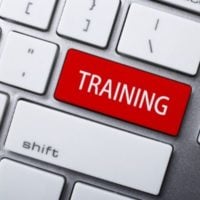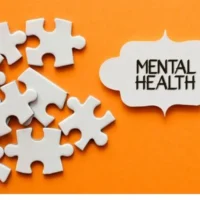Deadline: 9-May-23
How can all people learn about and take civic action to improve their communities and the world? The Massachusetts Institute of Technology (MIT) Solve is accepting solutions for the civic action challenge.
The MIT Solve community is looking for eight technology-enabled solutions that help learners take effective action on community and global issues by deepening civic knowledge and practicing collaborative problem solving.
Improvements to civic action learning globally will require significant investment from governments, policy reform, and improvements to curricula. However, there is also a role for technology-enabled solutions, both in and outside of classrooms. Technology can connect learners across diverse communities and locations, allowing them to explore, share, and localize best practices. Classroom-based tools and programs can integrate participatory approaches such as experiential and problem-based learning.
Training can help educators connect civic learning more closely with their students’ lived experiences and adapt teaching and materials to their community’s unique challenges, assets, histories, cultures, languages, and systems. Outside the classroom, direct-to-learner solutions have potential to bring communities together by fostering greater peer and intergenerational exchange and collaboration. Across settings, civic education can integrate into practicing other durable skills like climate literacy, social justice and inclusion, and social-emotional competencies.
Prize Detail
- Selected solutions will receive and minimum of $10,000 in funding, and much more.
Solutions that Solve Seeks
To that end, Solve seeks solutions that:
- Provide access to improved civic action learning in a wide range of contexts with educator support for classroom-based approaches, and community-building opportunities for out of school, community-based approaches.
- Help learners acquire key civic skills and knowledge, including how to assess credibility of information, engage across differences, understand one’s own agency, and engage with issues of power, privilege, and injustice.
- Build core social-emotional learning skills, including self-awareness, self-management, social awareness, relationship skills, and responsible decision-making.
- Enable learners to bridge civic knowledge with taking action by understanding real-world problems, building networks, organizing plans for collective action, and exploring prosocial careers.
For more information, visit MIT Solve.









































